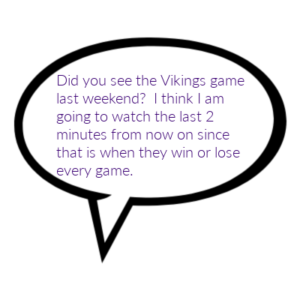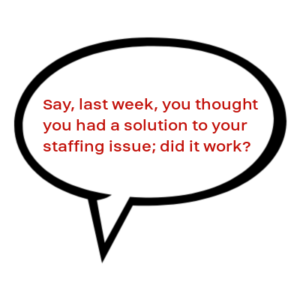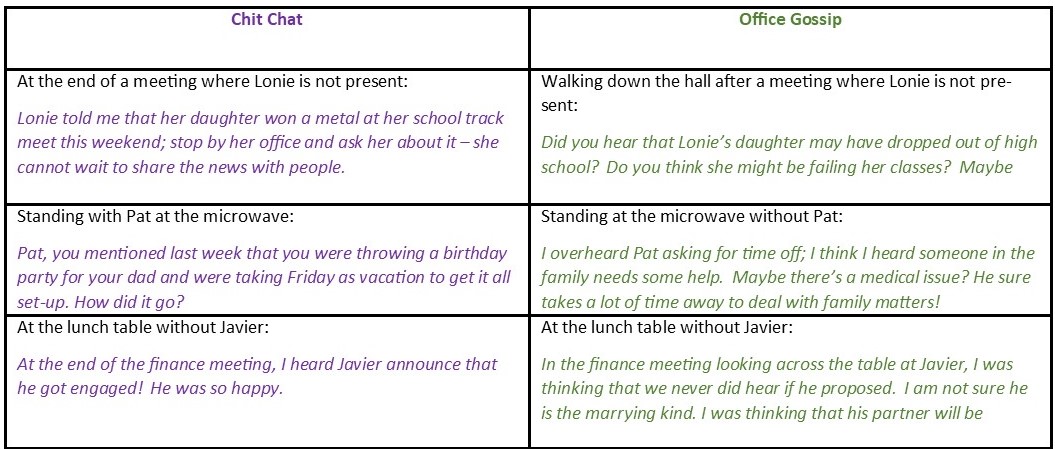Research Resources for:
The Great Resignation: Time for Your Career Transformation
Comparably: Good Reasons to Hang Onto Your Job During the Great Resignation
Computer World: No ed in sight for the Great Resignation; workers keep quitting for better pay, benefits
Resources The “Great Resignation’ could be a good time for a career change. Here’s what experts say to do
CNBC: How to Leverage the Great Resignation if you actually like your job and want to stay
Fast Company: Before you join the Great Resignation, consider making these resolutions
Forbes: Need A Career Change? How To Make The Great Resignation Work For You
Getting People Right: LESSONS WE HAVE LEARNED FROM THE GREAT RESIGNATION
GMA: How to make a career move amid record number of people quitting their jobs
Grow: The No. 1 reason people quit jobs during the Great Resignation, according to MIT research – and it’s not pay
Harvard Business Review: Who Is Driving the Great Resignation?
REsources 5 steps to snaring new opportunities at work without having to join the Great Resignation
Resources The ‘best in American’ pays $145,000 and has 14,000 job openings-and offers a generous work-life balance
MarketWatch: Opinion: Mid-career? Your job is at risk- here is what to do now
NJ.Com True Jersey: Simple career steps to take before becoming the next member of ‘The Great Resignation’







